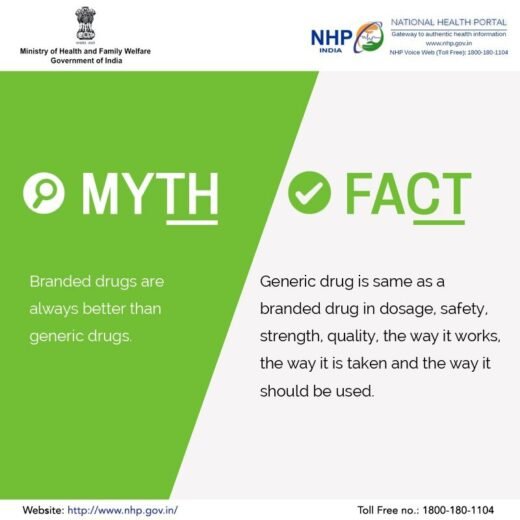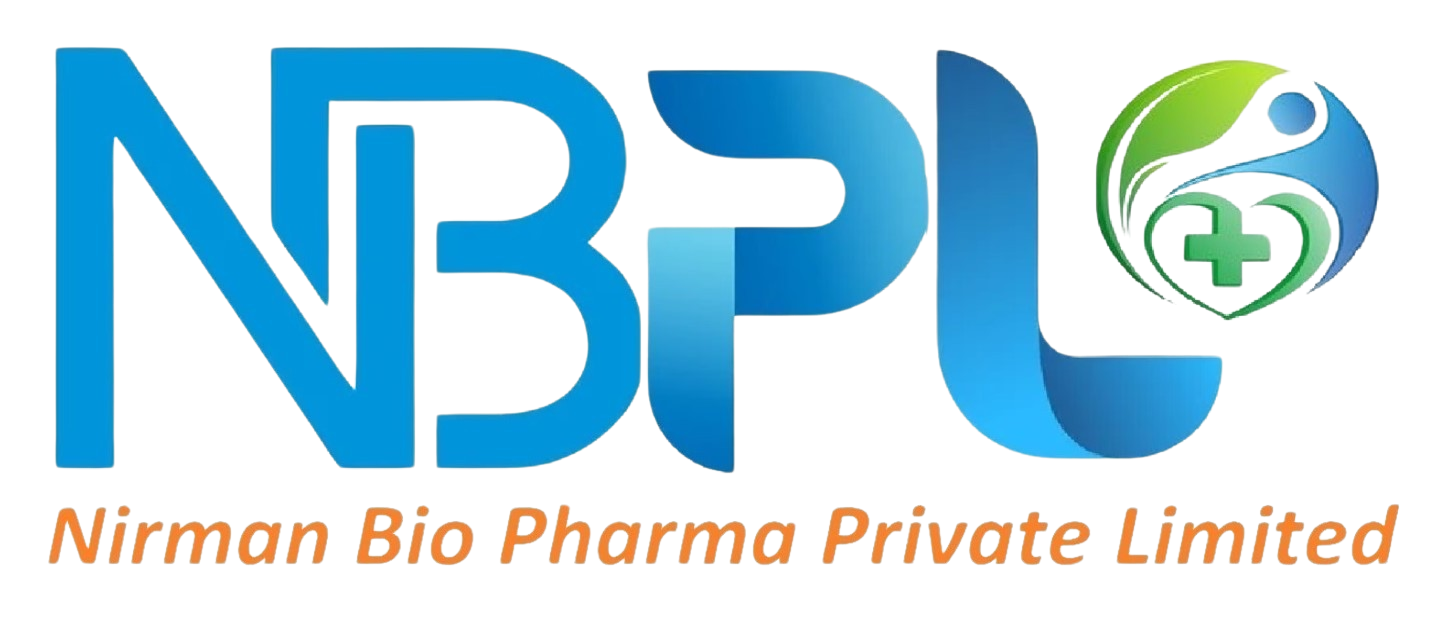- Your cart is empty
- Continue Shopping
Generic Drug Myths and Misconceptions
-
nirmanbiopharma
- Posted on
- 0 comments

1.Myth: Generic drugs are not as effective as brand-name drugs.
2.Myth: Generic drugs are inferior in quality.
3. Myth: Switching from a brand-name drug to a generic drug can cause adverse effects.
4.Myth: Generic drugs look different than brand-name drugs.
6.Myth: Generic drugs are not as strictly regulated as brand-name drugs.
Conclusion
In the world of pharmaceuticals, generic drugs play a crucial role in providing affordable and effective treatment options for various health conditions. However, misconceptions and myths often cloud people's perceptions of generic medications. Let's debunk some of the most common myths surrounding generic drugs:
By dispelling these myths and misconceptions, we can foster a better understanding of the role and value of generic drugs in healthcare. Patients and healthcare providers alike can make informed decisions about treatment options, benefiting from affordable and equally effective alternatives to brand-name medications.

